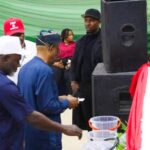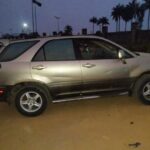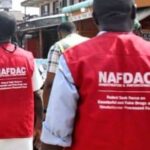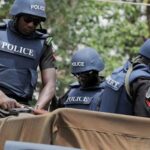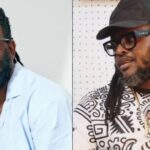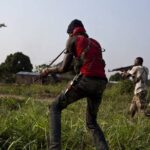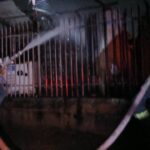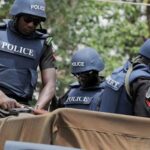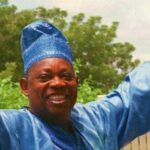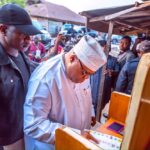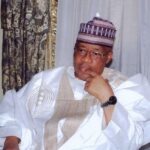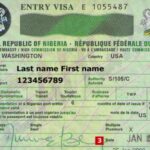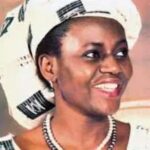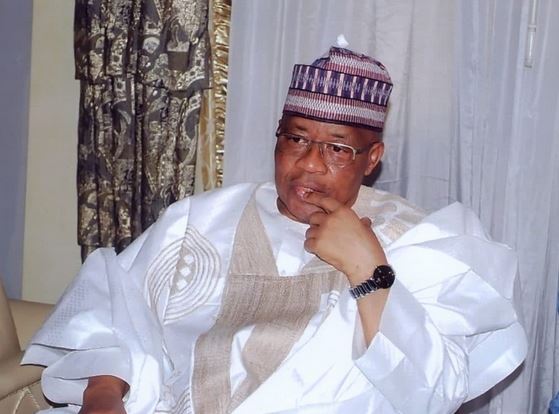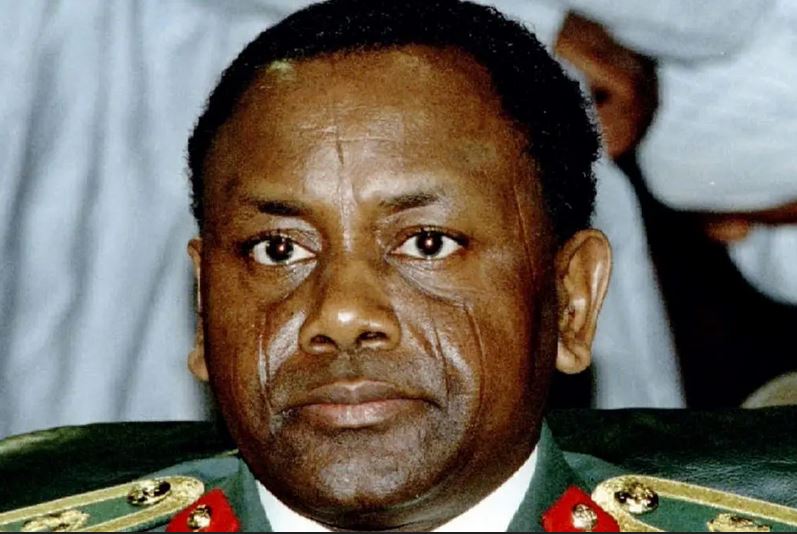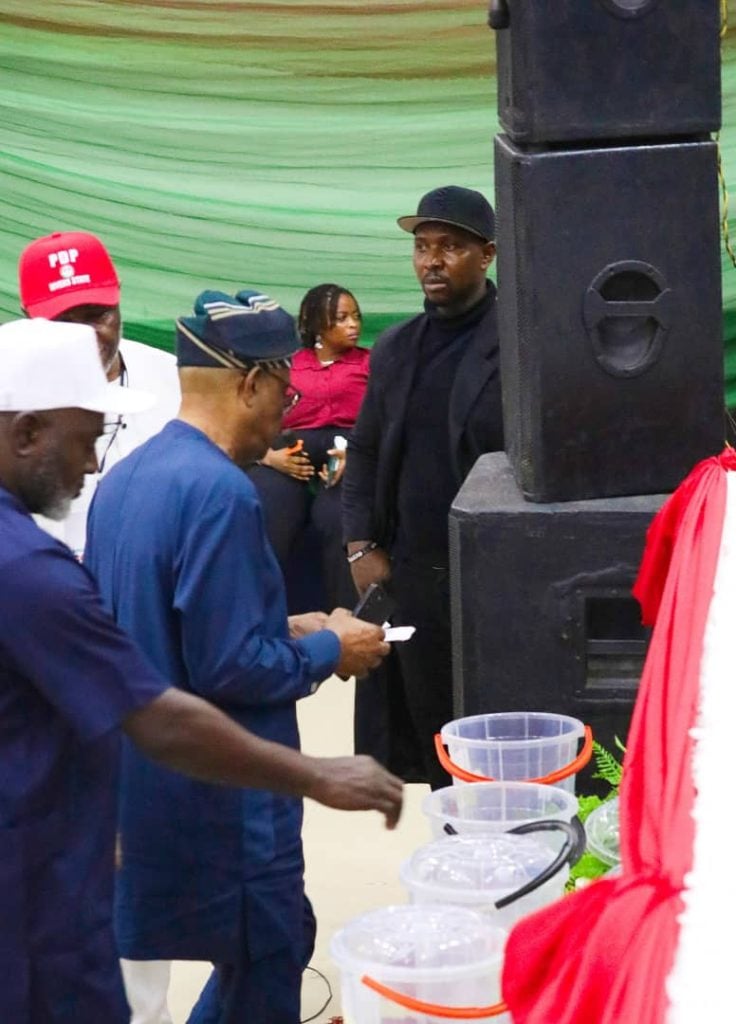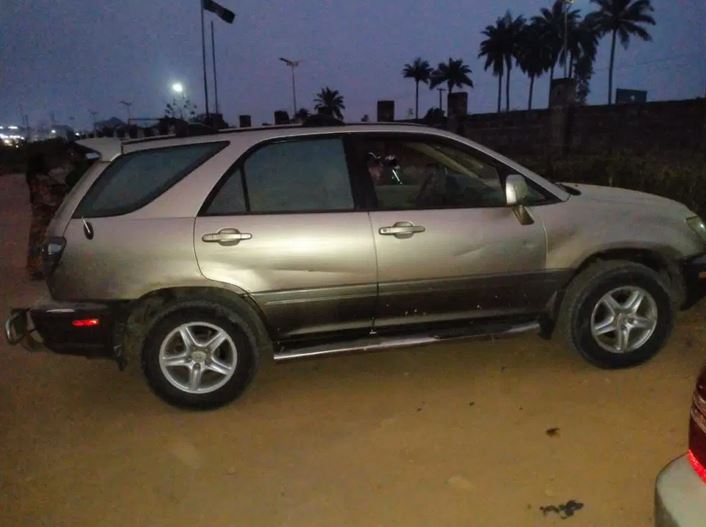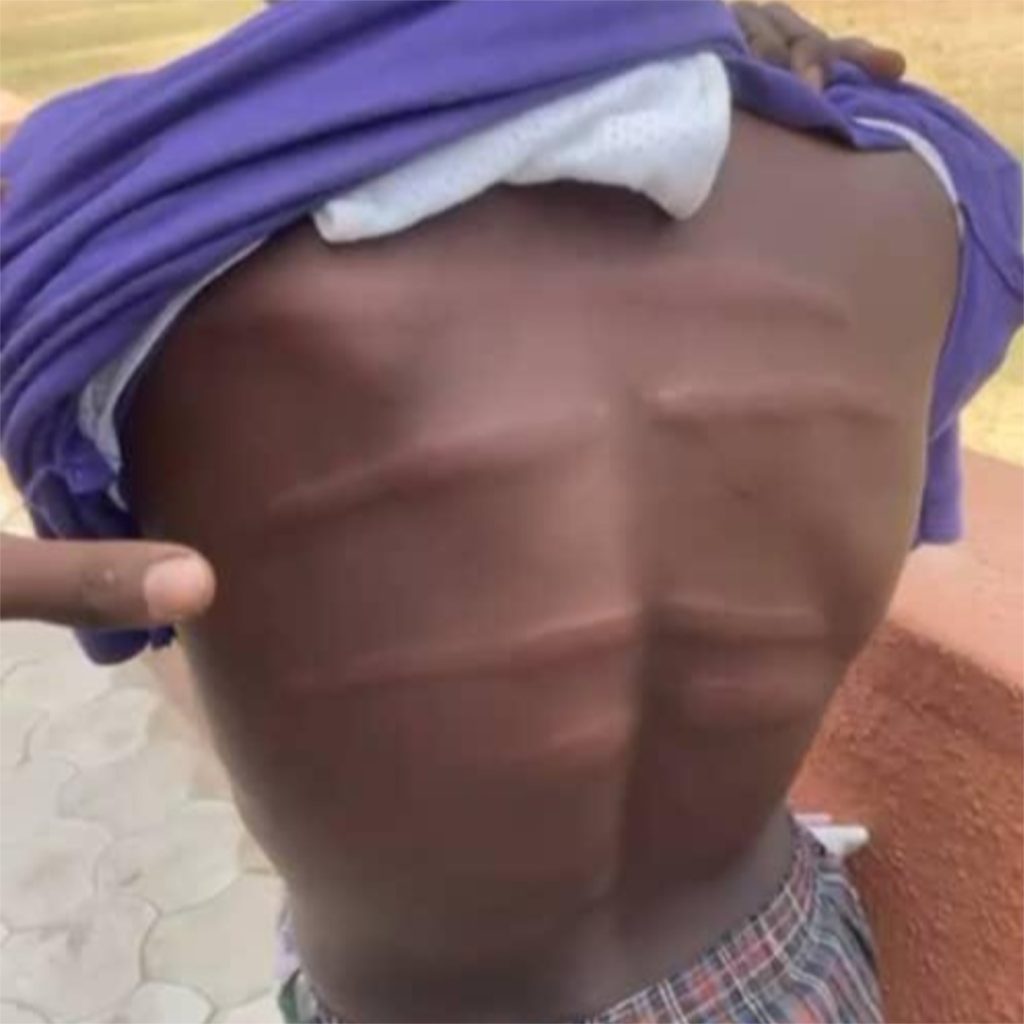Ibrahim Badamosi Babangida (IBB), the former Nigerian Military President has recounted a civil war experience that nearly took his life after Command, 82 Battalion, came under heavy bombardment from Biafran forces on March 27, 1969.
Babangida said he was nearly killed by the Biafran Obunigwe, also called Ojukwu Bucket
The Ogbunigwe was a series of weapons systems locally mass-produced by the Biafrans.
These weapons include command detonation mines, improvised explosive devices and rocket-propelled missiles.
In his autobiography, ‘A Journey in Service’, the former Military President recounted that it was during that fierce fighting that a Biafran Ogbunigwe shell wounded him.
Babangida said: “Now, the attention of federal troops shifted to Umuahia. After the first attempt to take Umuahia by the Third Marine Commando failed, Colonel Shuwa gave that task to Lt-Col. Danjuma, who commenced the invasion of Umuahia just days before March 27, 1969. That attack would go on until April 24, 1969.
“As a Major, I was Commander of the 82 Battalion, one of the seven Battalions deployed by Lt-Col. Danjuma to invade and capture Umuahia.
“But to get to Umuahia, we had to first go through Uzuakoli, a mere 13 kilometres away. On March 27, we came under heavy bombardment from Biafran forces. But somehow, we held our ground and bulldozed our way to the outskirts of Uzuakoli.
“Then, under my command, on April 1, the 82nd Battalion attacked and captured Uzuakoli. But as it turned out, our victory came with severe costs.
“Now acutely aware that from our position in Uzuakoli, we were only a few kilometres away from Umuahia, the Biafran artillery began an uninterrupted bombardment of our positions.
“Not even our aggressive response to these attacks deterred them. It was during that fierce fighting that a Biafran Ogbunigwe shell wounded me. The shrapnel landed on the left side of my chest and came close, we would later find out, to affecting my lung. I was fortunate.”
He continued: “Initially, I wasn’t aware that I had taken a hit. Partly because of the intense and prolonged firefight, I never heard a shot or felt the impact. I smelled some burning human flesh.
“In those brief seconds, the wound didn’t hurt. Then suddenly, as I grabbed my chest and felt blood oozing out, I felt like a kick in the trunk had left me with a numb, throbbing pain. And then, my feet started to gradually go numb, first above the knee, then below it. At that point, I think I fell and had to be moved, and one of the other commanders, Mamman Vatsa, took over the command of my battalion.
“My casualty evacuation process was slower than my colleagues would have wanted. It was getting past dusk, and since the available makeshift runway lacked take-off and landing gears, an improvised runway had to be created from a convoy of military vehicles with their full lights on! Once that was done, I was promptly evacuated to the Lagos University Teaching Hospital, Idi-Araba, Lagos.
“Surprisingly, despite the throbbing pain, I remained alert and conscious from the moment I took the hit through the period of my evacuation.
“Even though I wasn’t sure of the nature of my injury, my spirit was upbeat. While I didn’t think I was about to die, I knew this would be a life-changing experience.”


